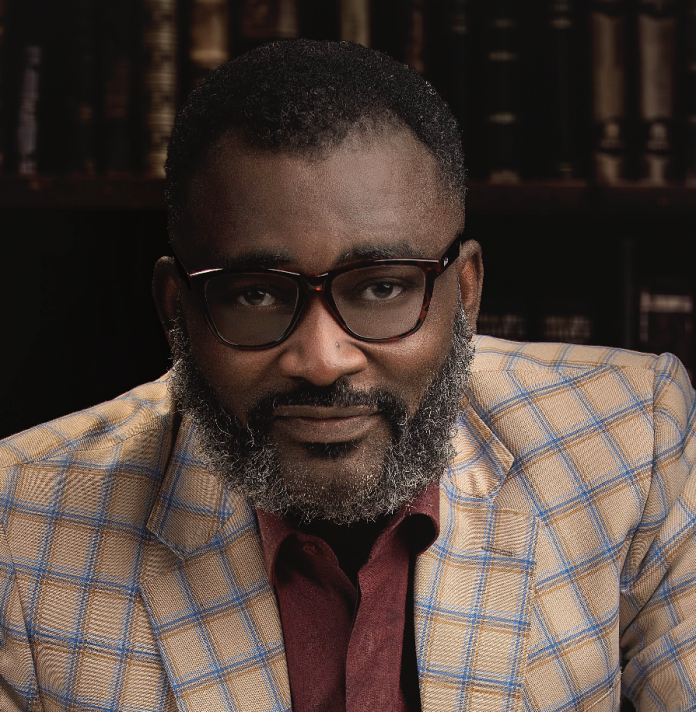Many countries worldwide celebrate Youth Day in some form or another. However, this day is observed in Nigeria on November 1, highlighting the country’s youth population.
As a tribute to tomorrow’s leaders, this annual salute to the youth aims to highlight the challenges faced by the youth and find potential solutions for these issues. According to a paper published by Cambridge University Press, young Nigerians have to navigate numerous problems, including unemployment, poverty, and a lack of access to education.¹
At Aleph Group, we believe quality education is essential for equipping young Africans with the skills they need to enter the global workforce. This includes practical training in suitable industries and technology, said Stanislaus Martins, Aleph’s Managing Director for West Africa.
To that end, Nigerian youth have embraced technology with open arms. A recent study by Aleph Group examines how tech is being used globally, providing insights into how young Nigerians use the internet and technology.
Most popular social media platforms
Between the 16-26-year-old age group, Facebook appears to be the most successful social media platform, with 72% of respondents claiming to use the network. Interestingly, this is the smallest population, with the other age groups all using Facebook in higher numbers.
Several reports indicate that Gen Z is less interested in Facebook and prefers apps like Instagram, X (formerly Twitter), and Snapchat. 69% of users aged 16-26 claim to use Instagram, second only to the 27-42 age group. The youth lead the field regarding Snapchat, with 48% of respondents aged 16-26 claiming to use the platform. Fielding Graduate University says younger people prefer Snapchat because their parents don’t use it.²
Over 20% spend 5+ hours on social media daily
Regarding media consumption, 20.6% of respondents aged 16-26 say they spend more than five hours daily using social media, second only to the 27-42 age group (22.6%). The 16-26 age group prefers streaming services like Spotify or Apple Music, with 10.6% noting that they use audio streaming for more than five hours daily.
The rise of audio-streaming services
Streaming services have fewer advertisements and interruptions and enable individuals to tailor the listening experience to their preferences. The popularity of audio streaming services among the 16-26 age group is highlighted in how the youth engage with advertisements. 28% of respondents using audio streaming services claim they hear advertisements while listening, which is higher than other age groups.
Advertising to capture the attention of the youth
It’s not the most influential platform for companies to use when marketing; social media posts (81%) and ads posted before online videos, such as YouTube (62%), are the most effective. This also showcases how younger Nigerians are less susceptible to conventional advertising than other age groups.
Interestingly, social media posts significantly impact the purchasing decisions of Nigeria’s 16-26-year-old age group, with 49% claiming it influences them the most.These current trends highlight the importance of technology and the internet to the Nigerian youth. Based on this, it’s safe to assume that this age group will continue to go against the grain and adopt new forms of social media and online apps.




